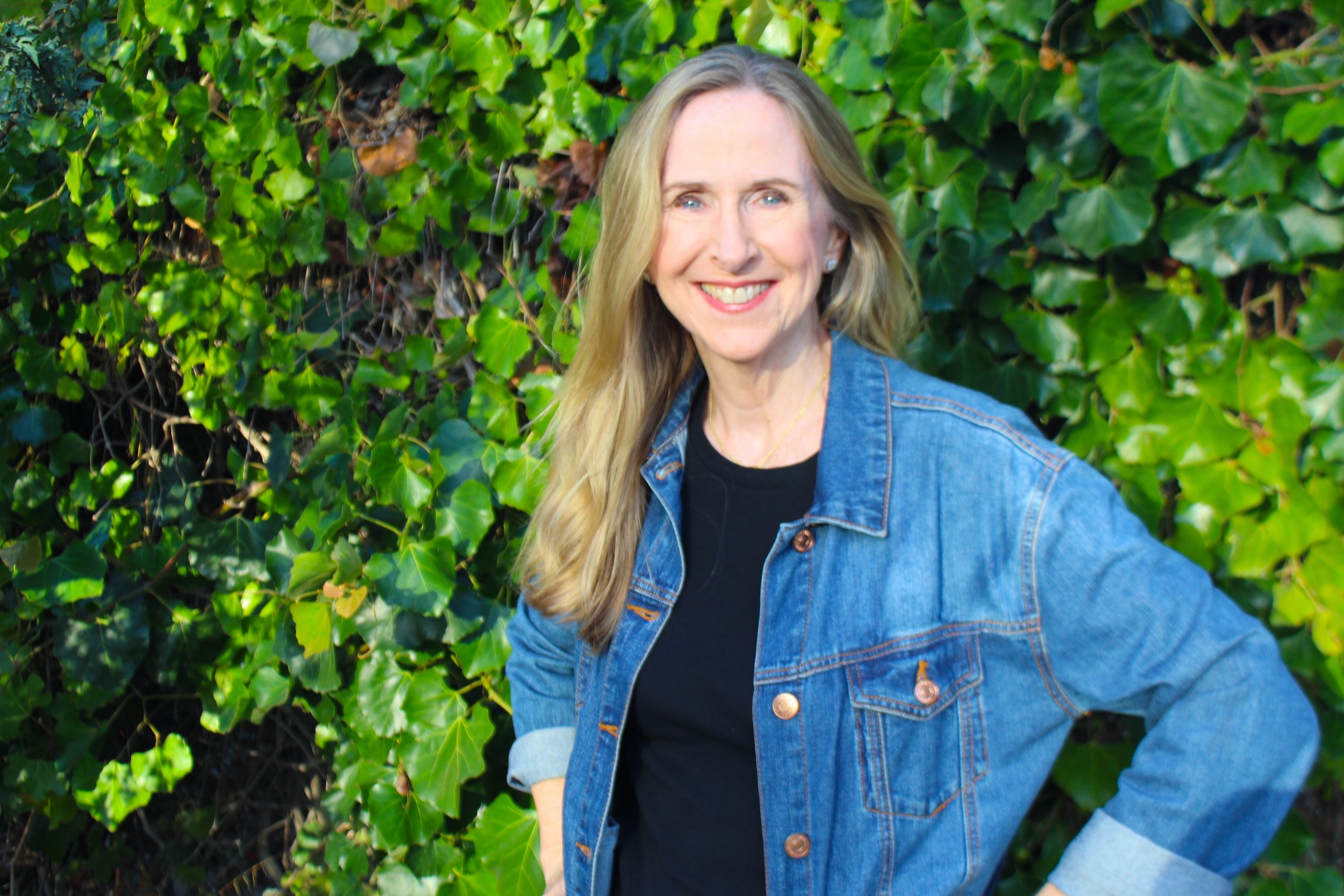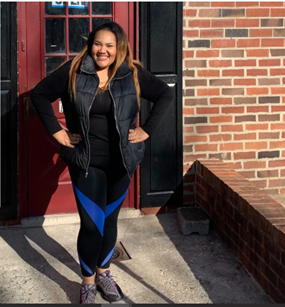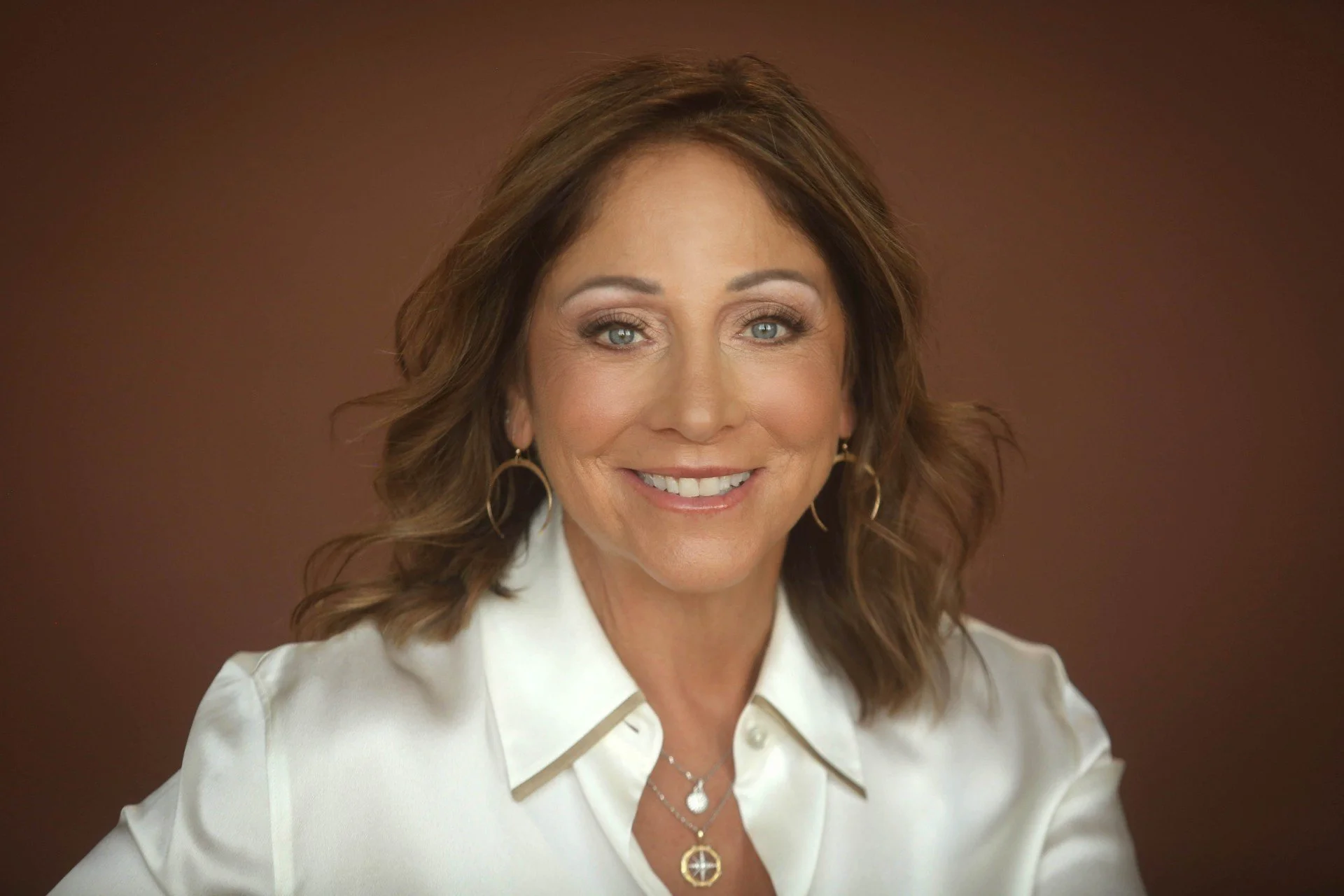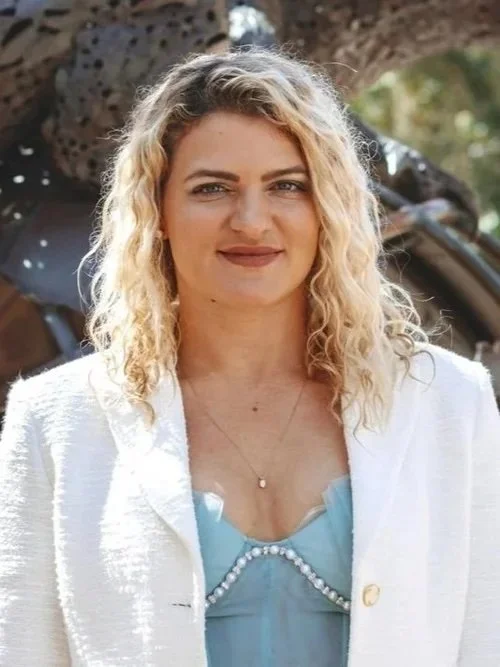By Ariel Treiber
I grew up watching my father build Skil-Care from the ground up. As a child, I didn’t fully understand what he was creating, but I understood the work ethic behind it. Nights, weekends, travel, and a belief that the work mattered shaped my early understanding of what it meant to build something with purpose.
Last year, I ran into her at a conference in Washington, D.C. She stopped me and said, “Do you remember me?” I didn’t. But she remembered me. She told me that brief email—that tiny nudge—had helped her take a leap that eventually became a thriving business.
Read More




















